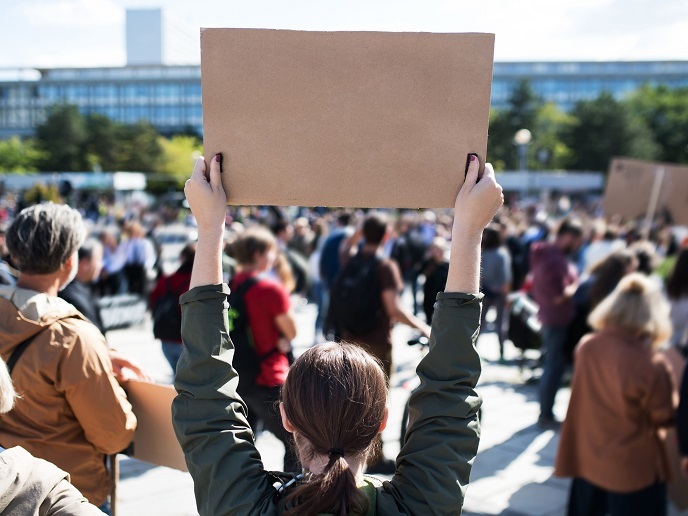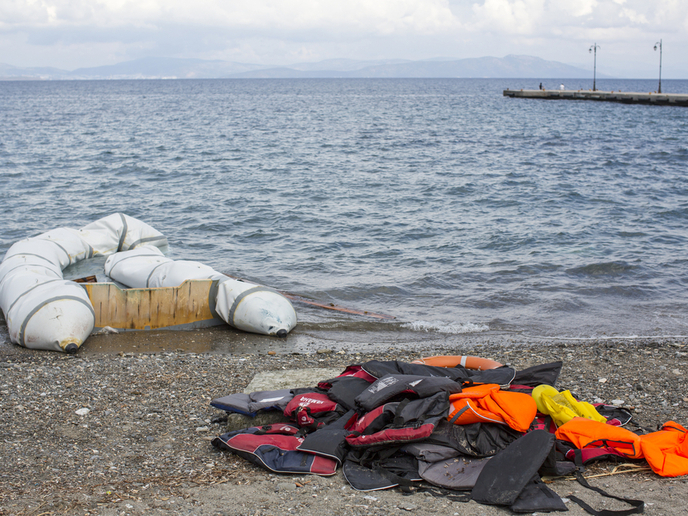Driving better science diplomacy in the face of global challenges
Food safety and security, how we manage pandemics, the challenges of cyber security and the potential of artificial intelligence: just a few examples of where science and foreign policy are closely intertwined. The S4D4C project(opens in new window) aimed to suggest ways of creating a space in which people can interact, focusing on shared interests that require collective action. “The opportunities science and science cooperation offer European Union foreign policy are underexploited,” explains project coordinator Elke Dall, who is based at the Centre for Social Innovation(opens in new window), in Austria. While S4D4C feels the EU’s foreign policy landscape is increasingly better set up to develop and exploit science diplomacy, the scientific and diplomatic communities often do not communicate with each other. It is this that the project sought to address. “We developed a vision for EU science diplomacy(opens in new window) that puts the need to address global challenges at its heart.” These challenges are many. S4D4C had climate change adaptation and mitigation in mind and delved into water diplomacy as a case study. The cooperation instruments used by Europe and Africa to address food security were also considered. Overall, nine case studies(opens in new window) were developed by international and interdisciplinary teams from the ten project partner organisations(opens in new window), looking for examples of different national approaches, or specific instruments, that drive science diplomacy for addressing global challenges. “We were interested to note that science diplomacy is not something happening at embassies: it’s a concept that can be relevant for every researcher and host organisation. It’s not yet a career path, but we wanted to raise awareness about the need to professionalise this interaction.”
Impacted by a global challenge
As with many other projects, S4D4C was affected by the COVID-19 crisis. “We had to cancel meetings and change our work plan. Yet, the crisis also inspired us to put forward a few thoughts about the science diplomacy aspects of the pandemic(opens in new window) and some policy recommendations(opens in new window).” These included, for example, the creation of interactive spaces, the promotion of bidirectional science and diplomacy fluency, to engage the full spectrum of science, including social sciences. “We aim to ensure open and interpretable science, and for the EU to exert bold, values-based leadership,” says Dall. The pandemic galvanised the debate and the project managed to continue their work despite the associated constraints. The team organised three major networking meetings – one in Madrid(opens in new window) in 2018, one in Berlin(opens in new window) in 2019 and the last one online(opens in new window) in 2021 – and a massive open online course(opens in new window). “We were delighted to see the enthusiasm shown at the events and, in particular, for the online course which has been completed by more than 1 000 people so far,” Dall notes.
The multiple benefits of science diplomacy
S4D4C believes that science and foreign policy are intertwined in many ways, not just as a means of understanding contexts more clearly. “Science diplomacy also supports the internationalisation of science, for example by facilitating the agreements that enable bilateral and multilateral cooperation or transnational research infrastructures,” says Dall. She feels scientific cooperation can also be a means to facilitate contacts between countries that are normally not involved with each other. “We believe that through the Madrid Declaration on Science Diplomacy(opens in new window), 2019, and the foundation of the European Union Science Diplomacy Alliance(opens in new window) in 2021, we have been able to provide key milestones towards these goals. The Alliance, a direct outcome of the collaboration between S4D4C and related projects, is open for other stakeholders to join and aims to enhance understanding and competences in the field in the coming years,” Dall adds.







